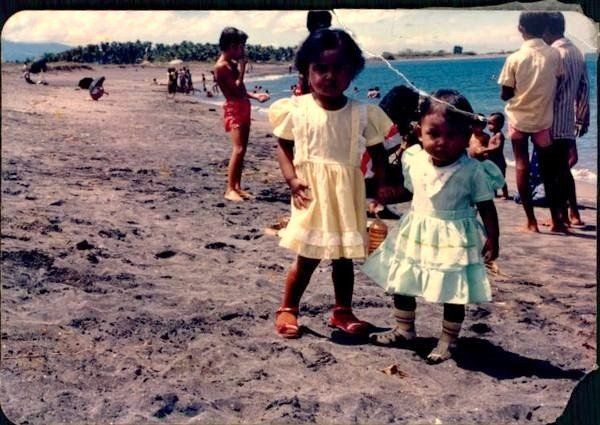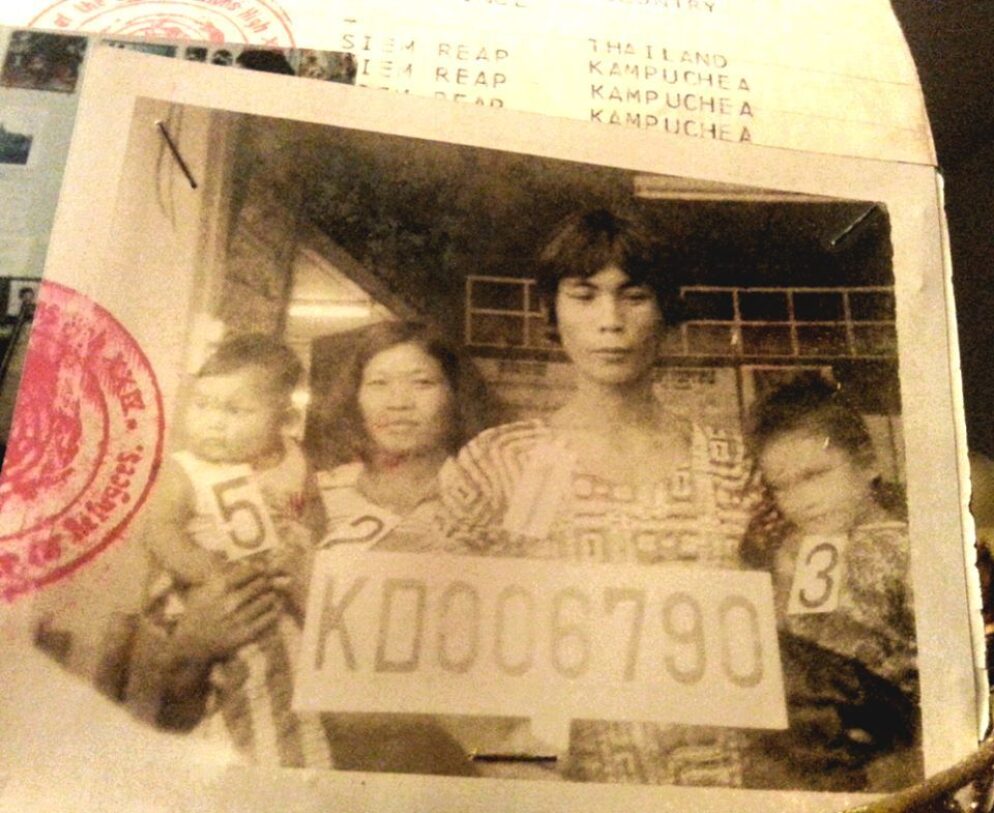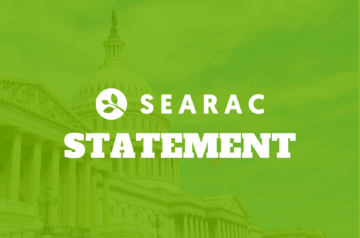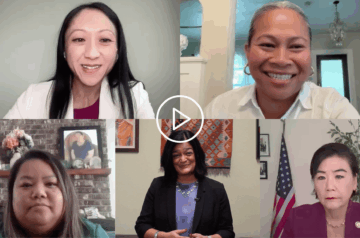SEARAC condemns recent news that the White House is once again looking to cut refugee admissions into the United States. This follows last year’s lowering of the admissions cap to 30,000 for this year—a record low number compared to the previous administration, which admitted 69,000 and 85,000 refugees, respectively, in 2015 and 2016. While no decision has yet been made final, it is reported that some White House officials have pushed for admissions as low as 15,000 or less, a move that turns a blind eye to the plight of thousands of families and children fleeing violence and persecution in their home countries.
“Next year will mark 45 years since the United States opened its doors to Southeast Asian refugees seeking safe haven within our borders,” said Quyen Dinh, executive director at SEARAC. “It is shameful to see that the same country that extended support to my parents fleeing extreme terror in Vietnam all those years ago, is the same country that is now denying this opportunity to other refugee communities in need. This Administration is undermining America’s humanitarian legacy by dismissing one of the worst global displacement and refugee crises since World War II. We stand with our refugee brothers and sisters and demand that refugee admissions be protected.”
At more than 1.1 million, Southeast Asian Americans (SEAA) comprise the largest refugee community to ever resettle in US history1 after decades of the US-backed war in Vietnam, the Secret War in Laos, and the bombings of Cambodia, followed by the ruthless Khmer Rouge-orchestrated genocide. This was made possible through the work of SEARAC founders who advocated for the passage of the 1980 Refugee Resettlement Act. This pivotal legislation created a comprehensive and unified system of refugee resettlement for the first time in history, which led to an increase of individuals that the United States admitted into the country under refugee status. Under this new policy, millions of individuals who had lost their homes and loved ones due to US intervention in Southeast Asia could find safety.

One of those individuals is Sina Sam, a 1.5 generation Cambodian American who was born in a refugee camp on the border of Cambodia and Thailand called “Khao-i-Dang.” Sina shares, “Even though my parents have seen a lot of death, they tried to protect me — I just remember having a lot of candy.” Sina and her parents lived in Khao-i-Dang during the early years of the refugee wave, and the camp, she admits, was mostly just woods and little regulation. Her parents kept her hair short allegedly to protect her from lice, but she now believes they were trying to protect her from sexual assault, kidnapping, or exploitation as a girl. At the camp, there were burglaries, rape, and murder and other violent attacks that refugees endured—which her parents never told her, but she knows they at least witnessed. Eventually, a Christian church in Seattle sponsored them to go to the United States in 1986.
Today, Sina is an IT professional, community organizer, lobbyist, and intersectional activist who has lead campaigns mobilizing SEAA communities around civic engagement, criminal justice, and immigration. She has been appointed by Governor Jay Inslee to serve on the Washington State Commission on Asian Pacific American Affairs (CAPAA) and serves as chair for the Asian Pacific American Caucus of Washington Democrats—the very first woman to lead in this political capacity.
“Refugees are not a burden to our country,” adds Dinh. “We are individuals who risked our lives to be free, and are the privileged ones who survived to continue fighting for freedom, a bedrock American value. It is our nation’s moral responsibility to continue upholding our values of freedom and safe haven, rather than turn our backs on suffering children and families who are simply seeking freedom from terror and distress. Now is the time to uphold and celebrate, not dismantle, our legacy as humanitarian leaders.”
Media contact
Elaine Sanchez Wilson
(202) 601-2970; elaine@searac.org



